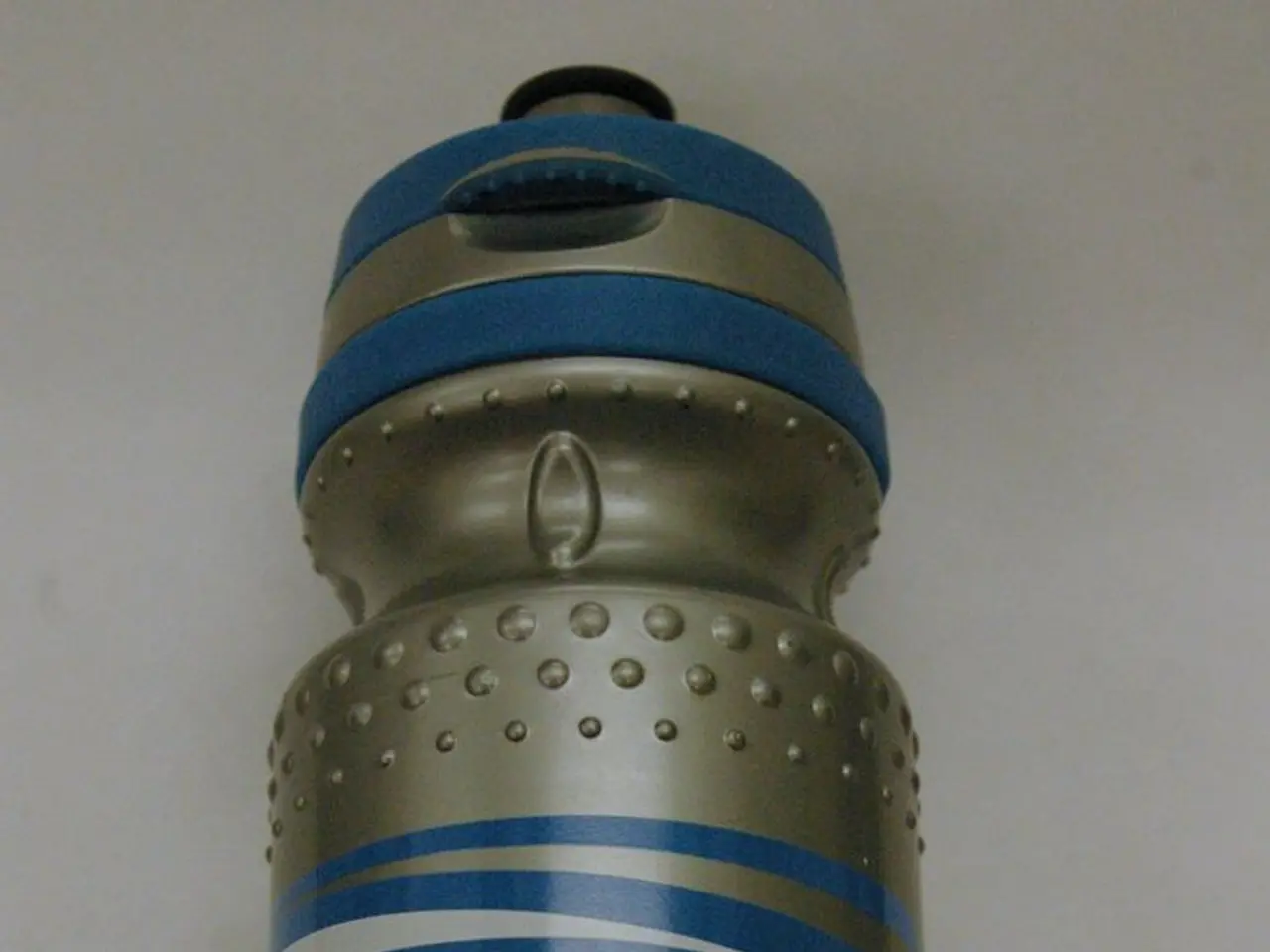DNA Repair Insights Might Pave Way for New Cancer Therapies
In a groundbreaking study, researchers have uncovered the crucial role of the DNA replicating enzyme polymerase epsilon's exonuclease activity in DNA repair mechanisms, particularly in the process of fork reversal. This discovery could pave the way for new strategies in cancer treatment and diagnostics.
The Importance of Polymerase Epsilon Exonuclease
DNA Polymerase Epsilon (Pol ε) is a key enzyme involved in DNA replication and repair. Its exonuclease activity is responsible for proofreading during DNA synthesis, ensuring that errors are corrected and maintaining DNA fidelity. In the context of fork reversal, a process where stalled replication forks are reversed to prevent DNA damage, the exonuclease activity of Pol ε is believed to counteract resection-driven fork collapse, helping to stabilise the replication fork and facilitate repair processes.
The Link Between Polymerase Epsilon and Cancer
In cancer, mutations in Pol ε have been identified, leading to increased genetic instability due to impaired DNA repair mechanisms. For instance, errors during DNA replication and repair can accumulate, potentially enhancing tumorigenesis.
Targeting Polymerase Epsilon for Cancer Treatment and Diagnostics
Treatment
Targeting the catalytic subunit of Pol ε, encoded by the POLE gene, could be a novel approach for cancer therapy. In cancers with Pol ε mutations, inhibiting or modulating its activity might selectively impair tumor cell proliferation while sparing normal cells. This strategy could exploit unique vulnerabilities in cancer cells arising from defective DNA repair mechanisms.
Diagnostics
Assessing mutations in the POLE gene could help identify tumors with potentially higher genetic instability. This information could guide personalised medicine approaches, such as choosing treatments that target specific vulnerabilities in DNA repair pathways. Moreover, detecting abnormal Pol ε activity could serve as a biomarker to identify cancerous cells, aiding in early detection and monitoring of cancer progression.
Implications for a Variety of Cancers
The exonuclease's role in fork reversal may have implications for a variety of cancers, including intestinal cancer, where defects to the exonuclease have been seen.
Working Together in DNA Repair
The study shows that drugs targeting the polymerase epsilon exonuclease can amplify the effect of anti-cancer drugs, such as Camptothecin (CPT), an anti-cancer drug that introduces lots of single-strand breaks. Cancer cells that replicate quicker create lots of single-ended double-stranded breaks (seDSBs) and die out, leaving normal cells less harmed.
Intriguingly, PARP and the polymerase epsilon exonuclease work together to trigger fork reversal, preventing single-strand nicks from turning into double-strand breaks. Suppression of PARP, a factor known to affect fork reversal, also leads to increased cell death, but not beyond what is seen with the suppression of the exonuclease.
Understanding how DNA damage is prevented is crucial for preventing cancers and ensuring the effectiveness of cancer drugs. The team's discovery could potentially lead to the development of new strategies for cancer treatment and diagnostics, particularly in targeting the exonuclease for drug treatments to make them more effective against breast cancer, where disruption of the BRCA1 gene, linked to a high risk of breast cancer, causes increased sensitivity to CPT when combined with an exonuclease deficiency.
The study on this discovery is published in Nucleic Acids Research.
Read also:
- Home-Based Methods and Natural Remedies for Managing Atherosclerosis
- Exploring the Natural Path: My Transition into Skincare with Cannabis Ingredients
- Pregnancy-related Hepatitis B: Potential Hazards and Remedies
- Temporary halt in the relocation of Palestinian families to Donegal due to worries about healthcare availability






